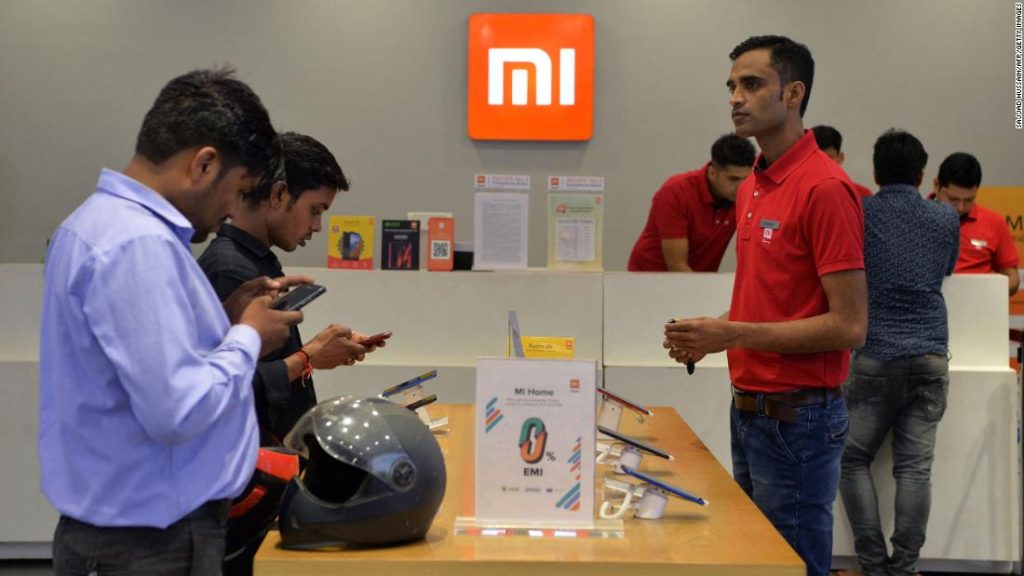India and China’s political tensions are hitting the smartphone market. But they need each other

Indians love Chinese smartphones, but for the last two months, New Delhi has intensified the scrutiny of three top Chinese firms — Xiaomi, Vivo and Oppo. Together, these companies control more than 60% of the Indian smartphone market, according to data from research firm Counterpoint.Xiaomi, the top-selling brand in the country, was the first company to A Vivo spokesperson had told CNN Business that the company “is cooperating with the authorities to provide them with all required information.” It also did not respond to a follow-up query. And just last week, Oppo became the latest Chinese smartphone manufacturer to be targeted in India. The company sells the hugely popular Realme and OnePlus brands in the country, and India’s Directorate of Revenue Intelligence accused the company of South Korean giant Samsung is the second-best-selling smartphone brand in the country and the only non-Chinese firm among the top five sellers in India, according to data from Counterpoint. But it “cannot grow its share of the market from 20% to 60% overnight,” said Pathak. Apple (AAPL) has had big plans for India for years now, but has only captured a tiny sliver of the market as its products are prohibitively expensive for most Indians. Kiranjeet Kaur, an associate research director at International Data Corporation (IDC), also expects these companies to bounce back by the time the Diwali festival season — driven by shopping — begins in India in October. She added that these probes would hardly matter to Indian consumers. After the border clashes, calls for a boycott of Chinese companies, including phone makers, had engulfed India, recalls Kaur. Chinese phones are here to stayDespite these protests, there was “not a dent in the shipment numbers” of these companies, and they continued to dominate the market, she added. India’s love for Chinese smartphones transcends any political tensions, mainly because they are seen as great value in a highly price-sensitive market.While Indian manufacturers have come up with affordable smartphones in the past few years —including one developed by Mukesh Ambani, the billionaire head of sprawling Indian conglomerate Reliance, in partnership with Google — these have failed to make much of a splash among consumers. “If you compare the features, Chinese smartphones offer a lot more, and cost only a little bit more,” said Kaur. And, despite the new legal challenges, China can’t afford to abandon the Indian market. The South Asia country of over 1.3 billion people is the world’s second biggest smartphone market after China, said Counterpoint’s Pathak.”India is super important for all major players, whether American or Chinese,” he said. It is also the world’s biggest “emerging market” as “almost half of the country is still not connected to smartphones,” he added. The Covid-related slowdown in China, which has hammered consumer activity, makes India even more attractive to firms from across the border.




